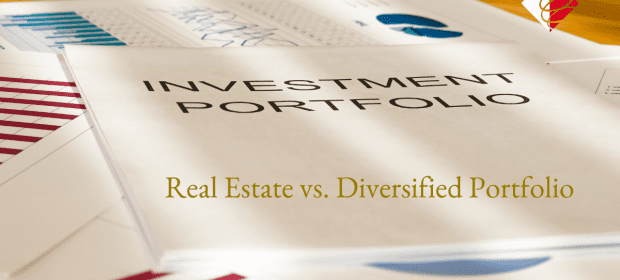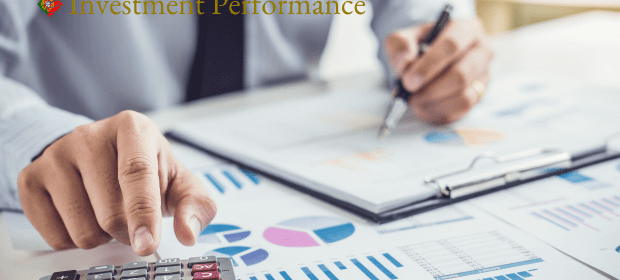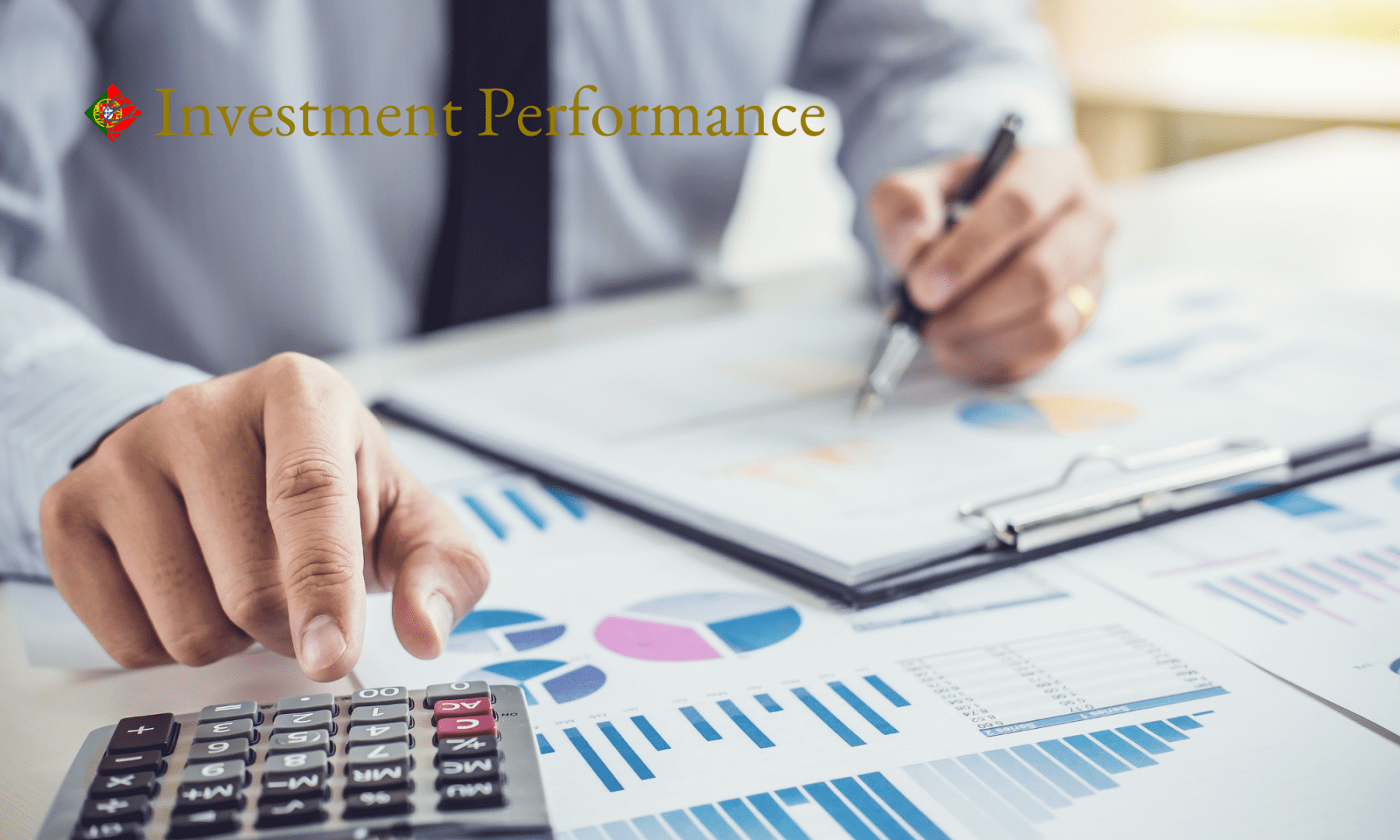Are bonds going out of fashion?
Bonds, which are fixed income instruments, are probably one of the most popular asset classes along with equities, and have been used by organisations to raise funds for many years. Because these instruments pay regular interest (coupons), they are attractive to investors, but are bond investments really as good as people think they are?
Let’s begin by defining what bonds actually are. A bond is a debt instrument, meaning that the organisation that issues them, be it a government or a private corporation, is obtaining a loan from the general public. The reason for opting to get a loan from the public rather than a traditional bank is simple; they will pay less interest making it a much cheaper method to finance a project. An example of a bond would be one maturing in 10 years’ time, paying an annual interest rate (coupon) of 2.5%. This simply means that if an investor had to purchase €1,000 worth of this bond issue, they will receive €25 per year for 10 years and they will get the initial amount (principal) of €1,000 back at maturity. The fact that money is being received every year tends to deceive investors. The truth is, for a coupon as low as 2.5% they will just be moving in line with inflation, which has been around 2-3% in recent years and has started to creep up in recent months. This means that with such an investment they are not adding value to their wealth and actually risk losing value.





















